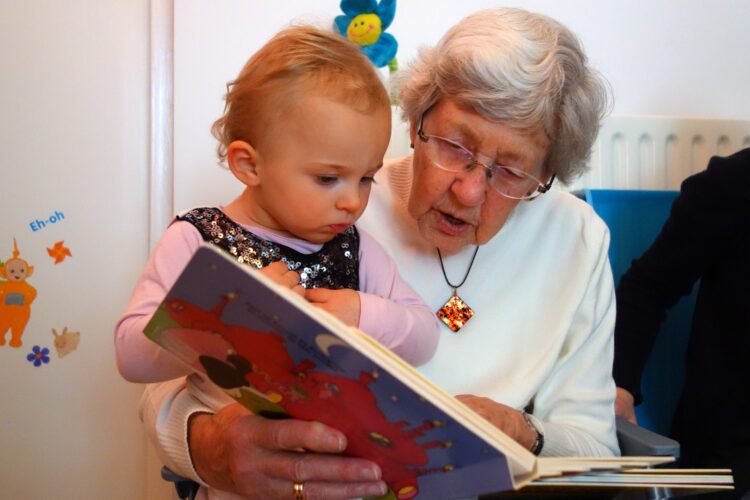Many people fear that older adults who start to be very confused might have dementia a slow, progressive decline in one’s ability to think. Besides confusion, dementia symptoms often include short-term memory loss and an inability or refusal to communicate with others. Fortunately, with proper medical diagnoses and treatments, certain dementia-like symptoms can be stopped, and their impacts reversed.
Examples of reversible dementia include:
Depression: Pseudo-Dementia, the most common type of dementia affecting older adults, is categorized as a type of severe depression. People suffering from it often have difficulties thinking clearly, concentrating or making simple decisions.
Urinary Tract Infections (UTIs): Many older adults lose muscle strength, and develop UTIs as their bladders do not fully empty with urination. Common UTI dementia-like symptoms include mental confusion, inactivity and loss of initiative to perform daily activities.
Low-Blood Sodium: Age-related causes of low-blood sodium or hyponatremia occur when the older adults blood stream has either too little salt or too much water. Resulting symptoms may include confusion, fatigue, irritability and problems falling asleep.
Vitamin B12 Deficiency: Vitamin B12 exists in eggs, dairy products, meat, fish and poultry, but many older adults lose the ability to absorb it fully enough. The National Heart Lung and Blood Institute warns that severe Vitamin B12 deficiency can cause confusion, depression, and severe memory loss.
Pneumonia: Well-known symptoms of pneumonia include a severe mucus-filled cough accompanied by a high fever. However, many older adults who have pneumonia do not experience either of these symptoms but inexplicably appear to be very confused.
Medication: With the normal aging process, the liver becomes less efficient at metabolizing drugs, and kidneys fail to eliminate drugs that have not been absorbed. Should multiple drugs interact, older adults often develop severe memory problems. Symptoms include forgetting recent incidents and familiar surroundings, and displaying rapid changes in behaviors and moods.
Alcohol Abuse: According to the National Institute of Aging, older adults who continue to abuse alcohol over a long period of time may experience symptoms of forgetfulness, confusion and even hallucinations that, without proper blood testing, may be misdiagnosed.
Dr. Jack Freinhar, medical director of the Passages Intensive Outpatient Geriatric Program at St. Mary’s Hospital in Long Beach, reports that up to 30 percent of all diagnosed dementias may be treatable. To obtain a proper diagnosis, the physician must not only conduct a physical examination, but must review the patient’s medical history, perform proper lab tests and brain imaging, and sometimes most importantly speak with the patient’s close family members and friends about their particular observations and chief concerns.
Here are more information and assistance on dementia:
UCLA Alzheimer’s and Dementia Care Program
www.uclahealth.org/dementia/
Telephone Number: 310-319-3222
Fax Number: 310-794-2113
Email: dementia@mednet.ucla.edu
Updated on July 2020




